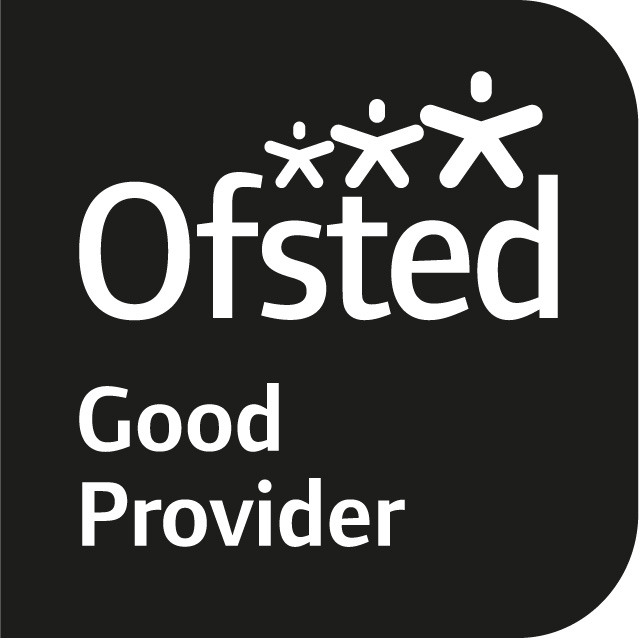
Course may be subject to change.
This T-Level in Digital Production, Design and Development has been developed in collaboration with digital employers, professional bodies, universities and businesses so the content meets the needs of the industry and will prepare you for the workplace.
You will develop a strong set of transferable core skills that will equip you for a career in digital support services or to go on to do a higher-level apprenticeship or degree. You will spend 80% of your time at college where you will develop a broad range of core skills from across the whole sector. In addition to this, you will work on an employer set project and engage in a 45-day industry placement in a digital organisation, giving you hands-on experience in a real-life setting.
T-Levels include the following compulsory elements:
- A technical qualification (TQ), which includes; core theory, concepts and skills for the chosen sector, and specialist skills and knowledge for an occupation or career
- An industry placement with an employer which runs for a minimum of 315 hours (45 days) overall and gives you practical insights into the sector and an opportunity to embed the knowledge and skills learned in the classroom
- A minimum standard in English, maths and digital provision are also built into the classroom-based element of the T-Level, meaning you will be given a solid foundation of transferable skills.
Entry Criteria
You will hold five GCSEs at grade 5, including maths, English and science, or a digital subject.
You will need to be able to commit to an industry placement of at least 45 days.
Additional Costs
We ask all students to contribute £30 to trips and visits annually; this is payable in September.
You will also need to attend college equipped with a notepad, pencil case, pens, calculator, pencils, ruler, etc.
What are the next steps?
You will be invited for an interview where you will be given details of the programmes available and you will meet some of the curriculum team and have the opportunity to see the classrooms in which you will study.
You will be asked a series of questions so we can find out more about you and your career aspirations. Your parent/guardian is welcome to attend the interview with you.
Please bring your predicted grades, school attendance record and at least one reference from a teacher or the contact details of your teacher.
Study Aims
This T-Level qualification is for you if you want to start a career in Digital Production, Design and Development as, for example, software development technician, junior developer, junior web developer, junior application developer, junior mobile app developer, junior games developer, junior software developer, junior application support analyst, junior programmer, assistant programmer, automated test developer.
The course is designed for post-16 students and is an ideal qualification if you are intending to progress directly to employment within the digital industry, to a digital apprenticeship or to higher education.
Modules Studied
Core Component:
- Problem solving
- Programming
- Emerging issues and impact of digital
- Legislation and regulatory requirements
- Business Context
- Data
- Digital environments
- Security.
Occupational Specialism: Content Summary:
- Be able to analyse a problem to define requirements and acceptance criteria
- Apply ethical principles and manage risks in line with legal and regulatory requirements when developing software
- Discover, evaluate and apply reliable sources of knowledge
- Design
- Create solutions in a social and collaborative environment
- Implement a solution using at least two appropriate languages
- Test a software solution
- Change, maintain and support software.
Teaching and Assessment
Teaching will be a variety of classroom based, self-study and workplace learning activities. Assessment is both formative and summative.
Formative assessment of learning will be through a range of methods including peer assessment, self-assessment and tutor assessment and aims to support your learning in preparation for summative assessment.
Summative assessment is undertaken through synoptic projects, an employer-set project and exams and is conducted by the awarding body.
Your Industry placement is assessed through your performance in the workplace by your work-based supervisor and your tutor.
Industry Links
The computing and IT curriculum area enjoys extensive links to industry, including:
- Durham County Council
- Leighton
- Waterstones
- CA Group
- Nissan
- And many more.
Our employers work with us to support curriculum design, live projects, work placements, guest speaking, educational trips and visits and competitions.
All of these activities help to enhance the teaching and learning experience and ensure relevance to curriculum content helping ensure our students gain the knowledge, skills and behaviours expected in the digital sector.
Placement
You will undertake a minimum of 315 hours of work placement in industry.
You will always perform to the best of your ability and conduct yourself in a professional manner as if an employee of your placement organisation.
You will gain a T-Level in Digital Production, Design and Development and be able to progress straight into employment or continue to a higher-level apprenticeship or degree.
You could progress to study the following dynamic relevant degree level courses at New College Durham:
- FdSc Computing with Networking and BSc (Hons) Computing with Networking (Top-up)
- FdSc Cyber Security and BSc (Hons) Cyber Security (Top-up)
- Higher Apprenticeship Network Engineer and BSc (Hons) Digital Technology Solutions (Degree Apprenticeship) (Top-up)
- Higher Apprenticeship Cyber Security Technologist and BSc (Hons) Digital Technology Solutions (Degree Apprenticeship) (Top-up)
You could progress into employment and work in roles such as:
- Software Development Technician
- Junior Developer
- Junior Web Developer
- Junior Application Developer
- Junior Mobile App Developer
- Junior Games Developer
- Junior Software Developer
- Junior Application Support Analyst
- Junior Programmer
- Assistant Programmer
- Automated Test Developer.
NB: The jobs available to you will be based on your individual abilities in the digital sector and will be supported by your achievement of this qualification.


